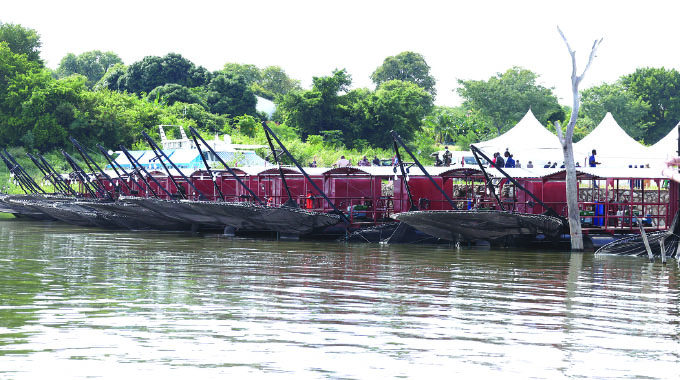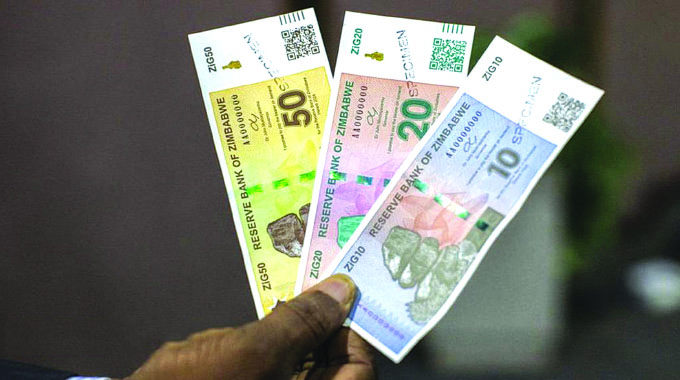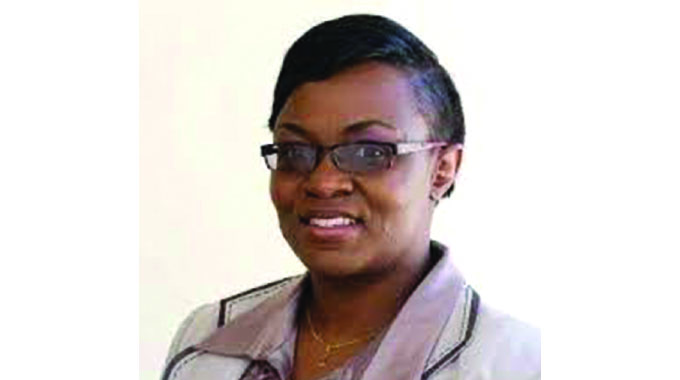Binga transformation shines light on independence gains

Nqobile Tshili
BINGA District will host this year’s Matabeleland North provincial Independence Day celebrations for the first time, with the event expected to showcase the massive transformation of the Tonga community, once regarded as marginalised, and buttressing Government’s policy of rotating national and provincial events.
Under the Second Republic, development has been scaled up in Binga district.
Already, 21 major projects have been completed in Binga including the rehabilitation of Lubimbi-Mswazi road, the rehabilitation of the Binga Airstrip, the refurbishment of the Binga District Hospital mortuary, the rehabilitation of the Binga District Hospital mothers’ shelter and the establishment of the Twasumpuka Community Radio Station, among others.
Government started rotating the hosting of national and provincial events in 2022, which saw Bulawayo hosting the national Independence Day celebrations at Barbourfields Stadium.
Last year’s national Independence Day celebrations were held in Mt Darwin, Mashonaland Central with Manicaland hosting this year’s edition in Murambinda.
In line with the decentralisation, Matabeleland North province also introduced the rotational Independence Day commemorations with Binga district set to host the provincial event on Thursday.
The rotational hosting of national and provincial events is part of the Government’s inclusive development agenda and is in line with President Mnangagwa’s policy of leaving no place and no one behind.
Zanu PF secretary general Cde Obert Mpofu said the attainment of independence had consolidated inclusive development in fulfilment of the liberation struggle objectives.
Districts such as Binga, which for years have clamoured for development have seen massive transformation under the Second Republic, which is taking development to grassroots levels.
“In line with the President’s mantra of leaving no place and no one behind, we are seeing a lot of development in places such as Binga,” said Dr Mpofu in an interview.
“President Mnangagwa’s Government has provided fishing rigs for chiefs in Binga as part of the community development initiatives, there are now mines in Binga and there is a massive irrigation project, Bulawayo Kraal Irrigation, which is expected to turn the area into a green belt.
“The community now has a radio station, clinics are being constructed and all this is being done to consolidate the gains of independence that no one should be left behind as far as development is concerned,” he added.
Matabeleland North Provincial Affairs and Devolution Minister Cde Richard Moyo said preparations for the holding of the provincial Independence Day commemorations in Binga were progressing well.
“Preparations are going on very well. As a province we are going to host our main commemorations in Manjolo Business Centre in Binga,” he said.
“We are decentralising the independence commemorations as we follow how the President has encouraged the rotational celebrations. Nationally, the Independence Day commemorations are no longer a preserve for Harare.
“We are also following suit. Remember traditionally we used to have our provincial commemorations in Lupane but we are now taking the commemorations to other districts in the province,” said Cde Moyo.
He said the decentralised Independence Day commemorations are also a reflection of the Government’s development agenda. The province held last year’s commemorations in Umguza District.
Cde Moyo said Independence commemorations were a reminder of the sacrifices that brought the country’s independence while introspecting on the journey ahead.
“We want the people in the periphery areas of the country to also be included in the national events. Next year, we might be moving to Nkayi as we want every part of Matabeleland North to share the experience of hosting these national events,” he said.
“The country’s independence is an important day as it has made us masters of our destiny.
“Previously, all the economic sectors were in the hands of the white minority but now our people are controlling all the economic sectors of the economy, our people are involved in agriculture, mining tourism among other sectors of the economy. All this would not have been achieved were it not because of self-rule.”
Senator Chief Siansali from Binga, said the Second Republic in its inclusive approach continues to change the narrative for Binga from a marginalised and poor district to a player in the development of the country.
He said having Binga hosting the provincial Independence Day commemorations proved that the district is a bigger part of Zimbabwe.
“In the past, it was all known that Binga was the poorest and lagging-behind district. But of late, there have been deliberate efforts by the Second Republic in its planning to push for the development of the district,” said Chief Siansali.
“The Government is on a drive to close the gap as we see a lot of ministries and departments doing programming in Binga. The hosting of Independence Day provincial commemorations in Binga proves that the people of Binga are Zimbabweans in totality and not an annex or an appendix to Zimbabwe.”
Chief Siansali said the licensing of a community radio station, which has started broadcasting has enabled the community in Binga to fully appreciate what the Government is doing for them.
“I cannot over emphasized the importance of Binga Vocational Training Centre, which is really transforming the lives of our children. In the past it had become common that people who wanted menial labourers would just think of Binga,” he said.
“Our children were the most sought after when people were looking for herd boys and domestic workers.
“But since the vocational training centre started operating in Binga we now have our children getting skills training, which equips them to be self-employed. We really appreciate the development that the Government is bringing to Binga although we still need our roads to be rehabilitated.
“It is still a challenge to connect to the rest of the country due to the bad network connectivity.”









Comments